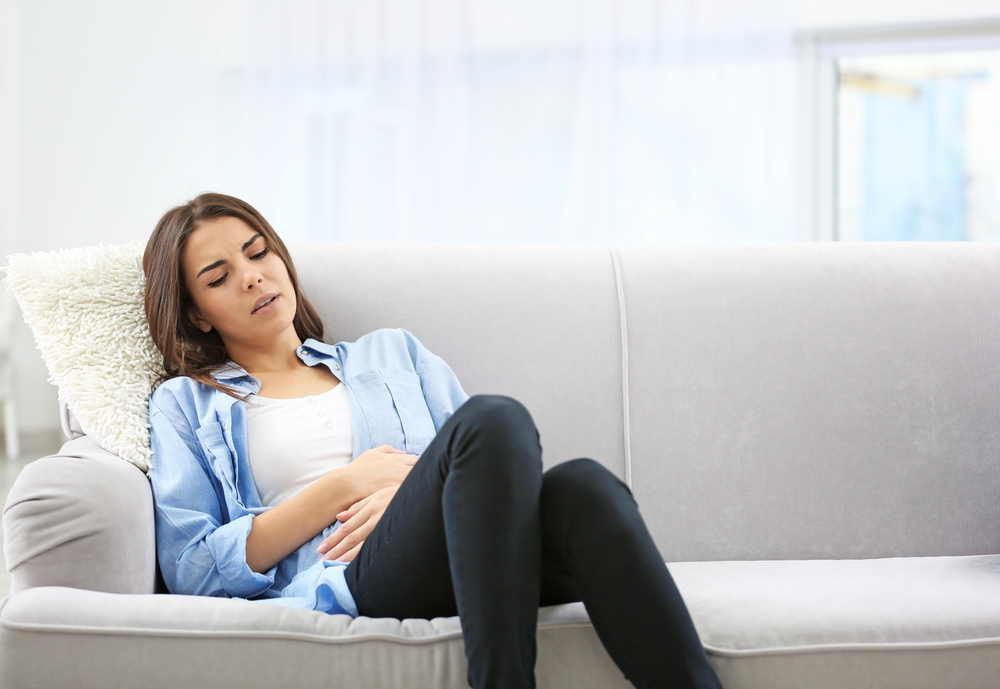
What is Ulcerative Colitis and Other Common IBDs?
Ulcerative colitis is a type of inflammatory bowel disease (or IBD) that results in chronic inflammation along the digestive tract, specifically the large intestine and rectum. The inflammation will eventually cause damage and lead to ulcers. Doctors believe that the main cause of colitis can be from a malfunction of the immune system, which is heredity in nature. Medical professionals will often recommend several medical treatments to manage IBD, including lifestyle and dietary changes, and medications. Risk factors for this disease include age, race, ethnicity, and family history.
There are a few telltale symptoms of ulcerative colitis that patients may experience:
1. Diarrhea
Diarrhea is the most common symptom of this disease. When patients have diarrhea, they may spot blood or pus in it as well. If the disease becomes severe enough, the need to empty the colon can come at a quicker rate. Eating spicy foods and lots of fiber can make the symptom worse. Doctors may recommend anti-diarrhea medications, but it is up to the patient.
2. Rectal bleeding
Another common symptom of ulcerative colitis can be bleeding from the rectum. The rectum is at the end of the large intestine, so blood from this area can be noticeable in the stool. The bleeding happens because this type of inflammatory bowel disease attacks the lining of the large intestine, which then forms ulcers that typically bleed. The treatment is required to calm the inflammation and stop any bleeding. Anemia, or loss of blood, may occur if the symptom is severe. In this case, supplementing with iron, folic acid, and vitamin B12 can help create new blood cells.
3. Abdominal and rectal pain
An inflamed intestine can lead to pain. Many patients report experiencing cramps starting from the rectum, and then moving to the large colon. The pain is described as an increase in pressure as opposed to a stabbing pain. The cramps also can lead to bloating and gas, which attributes to the feeling of pressure in the abdomen. Doctors recommend avoiding dairy since it is the most common type of gas-causing food. Drinking lots of water and skipping caffeine has been suggested.
4. Urgency to defecate
Since ulcerative colitis can be unpredictable, flare ups can occur and lead to frequent bowel movements. When the immune system attacks healthy cells in the digestive tract, the number of white blood cells increases. These repeated attacks lead to chronic inflammation, which causes the need to defecate often. Some patients may experience constipation, but that is only when the rectum is inflamed and not the colon. Treatments for these symptoms include anti-inflammatory medications and immunosuppressant drugs. No inflammation equals no ulcers, and as a result, the bleeding stops.
5. Weight loss and fatigue
Weight loss and fatigue can set in if the patient loses their appetite. Patients find it stressful to choose the correct foods to eat because if they choose wrong, pain occurs. In order to avoid the pain, patients may just skip a meal. The resulting factor will be weight loss. Fatigue also sets in since the body is not receiving essential vitamins and proteins. Treatments for this symptom include natural remedies and working with a dietician. Limiting dairy, eating low-fat foods, and avoiding alcohol can also help.
If you suffer from colitis or Crohn’s disease, talk to your doctor about how medications like Stelara, Entyvio, Otezla, Kesimpta, and Linzess can help.



